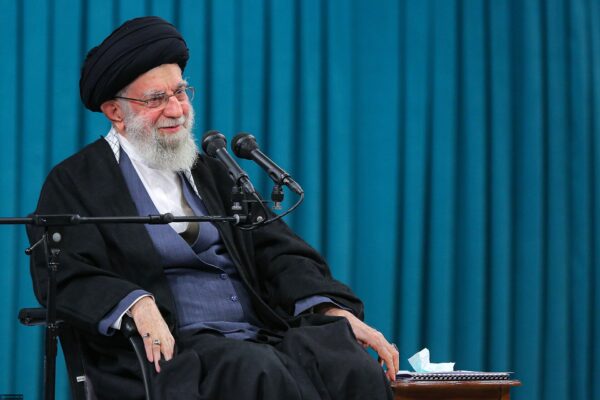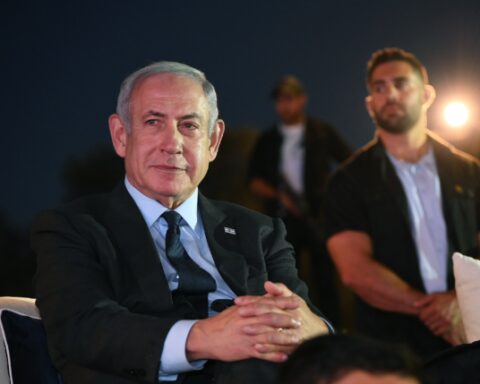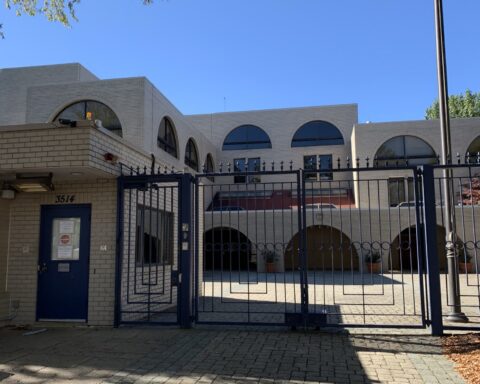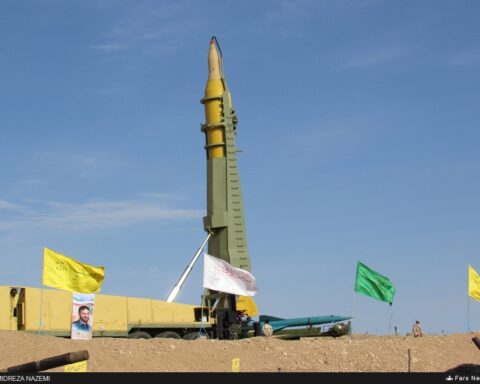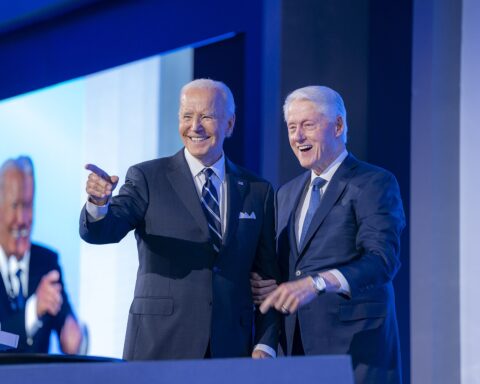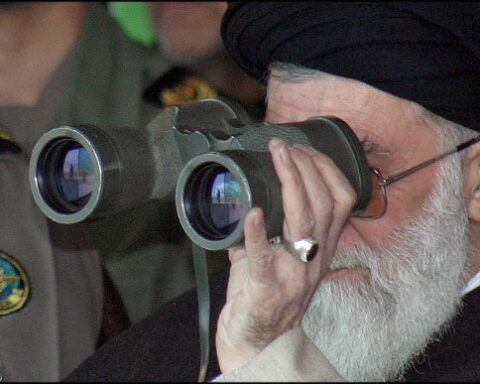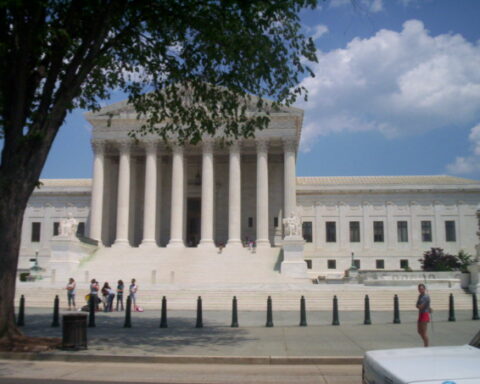Arab leaders and the president of Iran vehemently denounced Israel’s combat against the Hamas terrorist organization in Gaza during a Saturday meeting in the capital of Saudi Arabia.
Israel was accused of committing atrocities and acts of terrorism against the Palestinian people.
In addition to highlighting regional divisions over how to respond to the conflict, the summit’s outcome has stoked fears that it may incite additional nations to intervene.
The concluding declaration issued on Saturday refuted Israeli claims of self-defense and called for the adoption of a binding resolution by the United Nations Security Council to cease Israel’s “aggression.”
Furthermore, it demanded an immediate cessation of arms shipments to Israel and categorically rejected any prospective political resolution to the dispute that would maintain the separation of Gaza and the West Bank.
Concurrently, a number of Arab League nations severed their economic and diplomatic relations with Israel and threatened to disrupt oil supplies to Israel and its allies, rejecting a call for a response to the conflict.
As reported by Channel 12 in Israel, the more stringent preliminary resolution would have advocated for the following: prohibition of US equipment transfers to Israel from bases in Arab countries; freezing of all diplomatic and economic relations with Israel; threat of using oil as leverage against Israel similar to the 1972 oil embargo; restriction of flights to and from Israel using airspace of Arab countries; and formation of a joint mission to exert pressure on Western nations to cease hostilities.
[READ MORE: Vatican Takes Major Step Toward Affirming Transgenderism]

